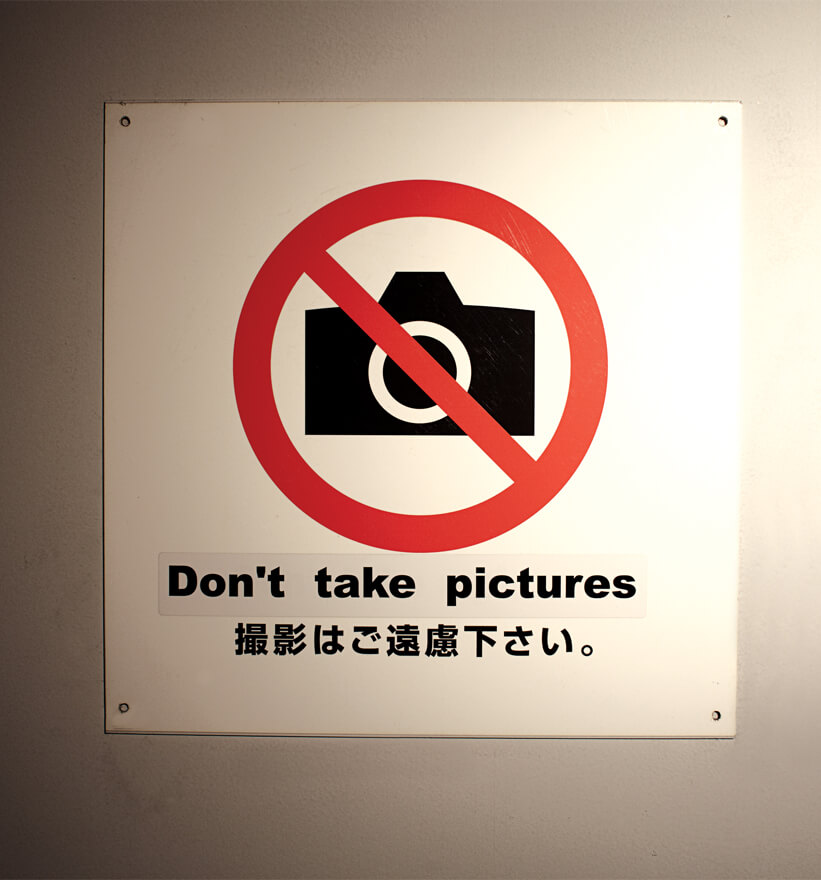SPEAKING ON BEHALF OF OUR COMPANY
The public expects us to provide reliable information. We only authorize certain people to speak on behalf of Mazda because we want to deliver a consistent message, ensure that confidential information is protected and provide accurate information about our Company. In doing so, we ensure we are communicating responsibly and protecting our reputation.
Refrain from speaking on behalf of Mazda. Though your intentions might be good, you could harm Mazda by speaking on behalf of the Company. What you say may be misunderstood, or worse, you may accidentally reveal sensitive information or violate our Code of Conduct.
Forward questions. If you receive a question from the media or anyone else outside our Company about a business issue, don’t answer it unless you are authorized to do so. Obtain the name of the person asking the question and refer the person and the question to the Public Relations (PR) representative in your business. The same process applies to requests for us to publish articles, contribute to blogs or speak publicly on Mazda’s behalf.






